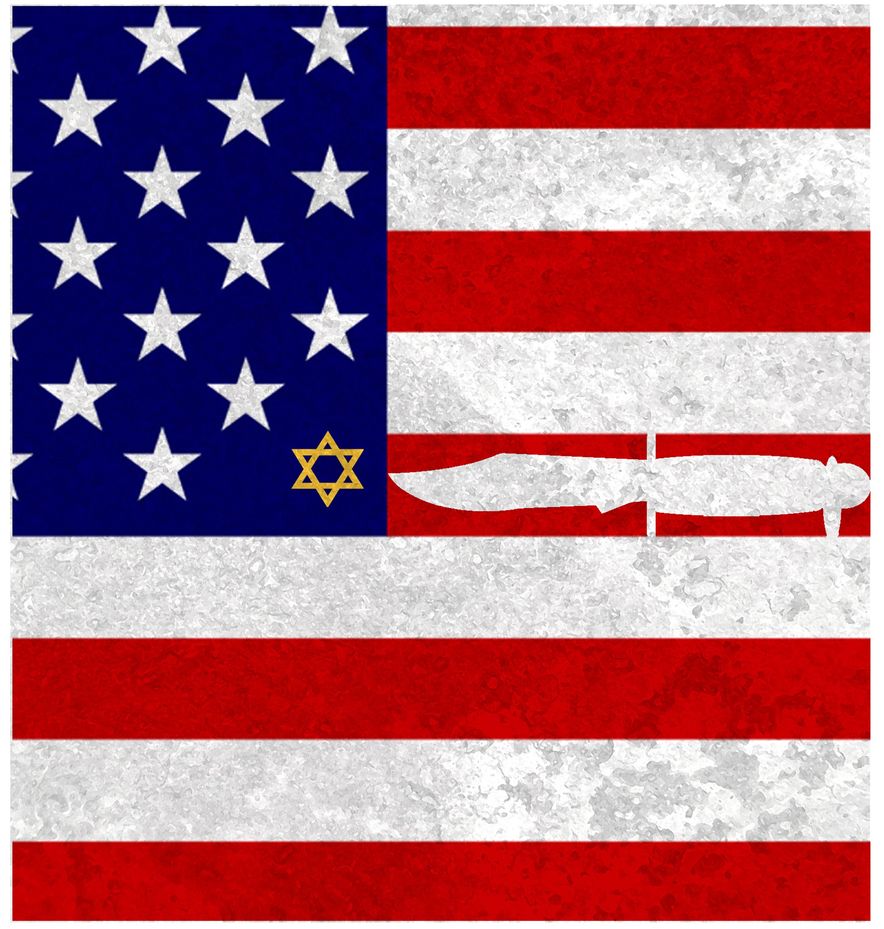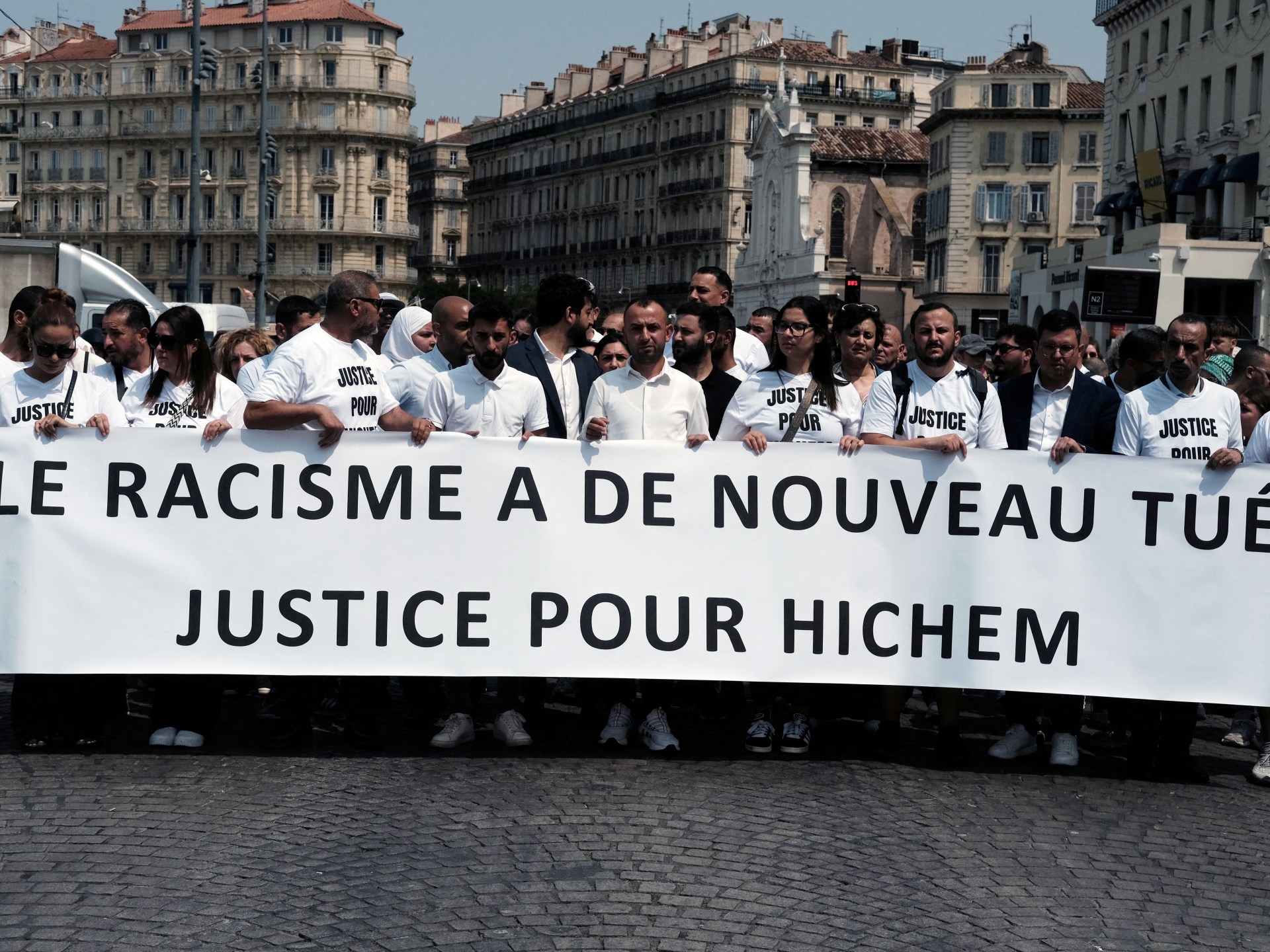On the July 12, 2025, a devastating act of Islamophobia unfolded in Piera, Spain. The Piera Mosque, a symbol of the local Muslim community, was set...
Vous n'êtes pas connecté
Rubriques :
 - EURASIAREVIEW.COM - A la une - Hier 13:24
- EURASIAREVIEW.COM - A la une - Hier 13:24
The Spread Of Islamophobia In Spain And Beyond – OpEd
On the July 12, 2025, a devastating act of Islamophobia unfolded in Piera, Spain. The Piera Mosque, a symbol of the local Muslim community, was set on fire in what authorities are investigating as a hate crime. While the incident has sparked widespread condemnation from the Muslim community and officials, an alarming reaction has emerged in the form of celebration from certain social media circles in India. This despicable event transcends local borders, revealing the frightening global spread of Islamophobia, a crisis of hate that demands more than passive observation. It calls for principled resistance, shared humanity, and collective action across nations. Islamophobia is no longer an isolated problem. The fire in Piera is merely the latest flashpoint in an escalating wave of hate that knows no national boundaries. This particular act of violence against a mosque in Spain serves as a tragic reminder that the seeds of intolerance and bigotry, once sown in one part of the world, can easily take root elsewhere. From the rise of far-right political movements in Europe to the spread of extremist ideologies in South Asia, the global landscape is increasingly tainted by an atmosphere of hatred directed at Muslims. The arson in Piera is a symptom of a larger, deeply ingrained issue that cannot be ignored or dismissed as an isolated incident. What makes this attack particularly significant is its symbolic importance. The Piera Mosque is not merely a place of worship; it represents centuries of Islamic contributions to European civilization. From the sciences to art, architecture, and interfaith dialogue, the legacy of Islam in Spain and broader Europe is rich and profound. The once-thriving Islamic society of Al-Andalus, where Muslims, Jews, and Christians coexisted and flourished together, serves as a historical testament to what is possible when different cultures and faiths engage in mutual respect and collaboration. Burning down a mosque in Spain is not just a crime against a community; it is an attack on a shared history and heritage that spanned centuries. Moreover, this act of violence challenges the notion of European identity itself. While some may seek to frame Europe as a bastion of Christian civilization, this view overlooks the vibrant, multifaceted tapestry that has shaped the continent’s history. From the fields of mathematics and astronomy to literature and philosophy, Islamic scholars played a central role in the intellectual and cultural flourishing of Europe during the Middle Ages. The legacy of Al-Andalus, particularly in Spain, cannot be reduced to a mere footnote in history, nor can it be erased by acts of violence. In fact, those who defend this memory, who resist the forces of intolerance, are standing on the right side of history and humanity. Silence in the face of such hate is complicity. The global community, particularly human rights organizations and international watchdogs, must take a stand. The Piera Mosque fire, like similar incidents across the world, demands a response not just from local governments and affected communities, but from the international community at large. Human rights cannot be limited by national borders; they must be universal. When an act of Islamophobia takes place in one part of the world, it is not only the responsibility of the local authorities to respond. It is the duty of all those who believe in the principles of justice, equality, and human dignity to condemn such acts and demand accountability. The silence of those who remain passive in the face of violence speaks volumes. Perhaps the most disturbing aspect of the Piera Mosque fire is the reaction from certain corners of Indian social media, where some individuals have celebrated the burning of a mosque in a foreign land. This response underscores a troubling trend: the export of hate. Hindutva aligned social media accounts in India have, in recent years, shown increasing sympathy for far-right movements abroad, including those in Europe that target Muslims. This is not just an issue for Spain, or even Europe it is a global problem. When mobs in India cheer the destruction of a mosque in Spain, it is no longer just India’s problem. It is a warning sign that extremist ideologies have begun to transcend borders, spreading intolerance and fostering a climate of fear and division on a global scale. This export of intolerance must be confronted with the same urgency and determination that we address any other form of global extremism. It is not enough to condemn the act of violence in Piera in isolation. We must also acknowledge and address the forces that seek to normalize such behavior, that promote hate through social media, and that undermine the very fabric of pluralistic societies. The celebration of hate by extremist circles is not just an unfortunate anomaly; it is a reflection of the growing normalization of intolerance in many parts of the world. As global citizens, it is incumbent upon us to recognize that the fight against Islamophobia is not limited to one country or one community. It is a fight for shared human dignity, a struggle against forces that seek to divide us based on religion, ethnicity, or ideology. The tragedy of Piera is not an isolated incident, but part of a broader, more troubling trend that must be met with resolute resistance. In this fight, history offers both a warning and a guide. The legacy of Al-Andalus, with its example of interfaith harmony, reminds us that we are capable of so much more than hatred and division. The cultures and traditions that coexist in the modern world are the heirs of a long history of cooperation and mutual respect. The flame of Islamophobia may burn in Piera today, but we must ensure that it does not spread further, consuming the hope of a future where pluralism and tolerance triumph over fear and division. The time for passive observation has passed. The global response to the Piera Mosque fire and similar acts of violence must be one of active, principled resistance. We must raise our voices, not just to condemn the acts of violence, but to reject the ideology of hate that fuels them. This is a crisis that affects us all, and it is a crisis that requires our collective action. If we allow the forces of Islamophobia to spread unchecked, we risk not only the destruction of mosques and places of worship but the erosion of the very values that bind us together as a global community. Let us stand firm, united in our commitment to justice, humanity, and the defense of our shared heritage.
Articles similaires
Muslim groups concerned over Modi’s visit
MUSLIM groups in Trinidad and Tobago are calling on the government to address the issue of Muslim discrimination and prejudice in India with Indian...
Srebrenica, 30 Years On: UN Officials And Survivors Call For Truth, Justice And Vigilance
At the UN General Assembly on Tuesday, survivors of the Srebrenica genocide joined top officials in marking 30 years since thousands of Bosnian...
Why antisemitism, not Islamophobia, is America's real hate crime crisis
Though I fully expect to be labeled an Islamophobe, I refuse to accept the contention of the Council on American-Islamic Relations, many Democrats and...
Why antisemitism, not Islamophobia, is America's real hate crime crisis
Though I fully expect to be labeled an Islamophobe, I refuse to accept the contention of the Council on American-Islamic Relations, many Democrats and...
State-sponsored Islamophobia in France encourages violence | Islamophobia
On June 27, El Hidaya Mosque in Roussillon in Southern France was attacked and vandalised. Windows were smashed and furniture overturned; the walls...
State-sponsored Islamophobia in France encourages violence | Islamophobia
On June 27, El Hidaya Mosque in Roussillon in Southern France was attacked and vandalised. Windows were smashed and furniture overturned; the walls...
Pope Leo XIV And Rerum Novarum – OpEd
By Phil Duffy Upon his elevation, the new pope announced that he had assumed the name of Leo XIV. For those familiar with Leo XIII, this was a...
Pope Leo XIV And Rerum Novarum – OpEd
By Phil Duffy Upon his elevation, the new pope announced that he had assumed the name of Leo XIV. For those familiar with Leo XIII, this was a...
Trump has pushed us to the brink of recession, fascism, and World War III
The headlines this week are wild: Trump is threatening nutso tariffs against America’s traditional trading partners (although none for Russia, of...
Les derniers communiqués
-
Meta to invest hundreds of billions in superintelligence efforts
Meta - 16/07/2025
-
NASA discovers 'super Earth' planet emitting mysterious signal
National Aeronautics and Space Administration - 16/07/2025
-
Amazon Prime Day 2025 Delivers Record Sales and Savings in Expanded Four-Day Shopping Event
AMAZON - 12/07/2025
-
DHS Reveals Criminal Histories of Illegal Aliens Detained at Prairieland Detention Center at Time of July 4 Attack
The Department of homeland security - 11/07/2025
-
Henson Group and myCloudDoor Merge to Form ALIANDO, a Leading, Global Microsoft Partner
Henson Group - 10/07/2025
-
Their ability to enter and operate in the United States emphasized the danger of letting violent offenders exploit our border—and reinforces why the Trump Administration refuses to let its guard down. HSI Omaha led the operation with support from federal and international law enforcement partners. ICE currently holds both individuals in custody. The agency has initiated removal proceedings and will continue coordinating with El Salvadoran authorities to send them back to face justice.
The Department of homeland security - 10/07/2025
-
Their ability to enter and operate in the United States emphasized the danger of letting violent offenders exploit our border—and reinforces why the Trump Administration refuses to let its guard down. HSI Omaha led the operation with support from federal and international law enforcement partners. ICE currently holds both individuals in custody. The agency has initiated removal proceedings and will continue coordinating with El Salvadoran authorities to send them back to face justice.
The Department of homeland security - 10/07/2025
-
ICE Takes Down High-ranking MS-13 Gang Leaders Wanted for Murder
The Department of homeland security - 10/07/2025
-
Buy with Prime Expands with New Brand Dr. Berg Nutritionals
AMAZON - 09/07/2025
-
DHS Sends Administrative Subpoenas to Harvard University
The Department of homeland security - 09/07/2025



